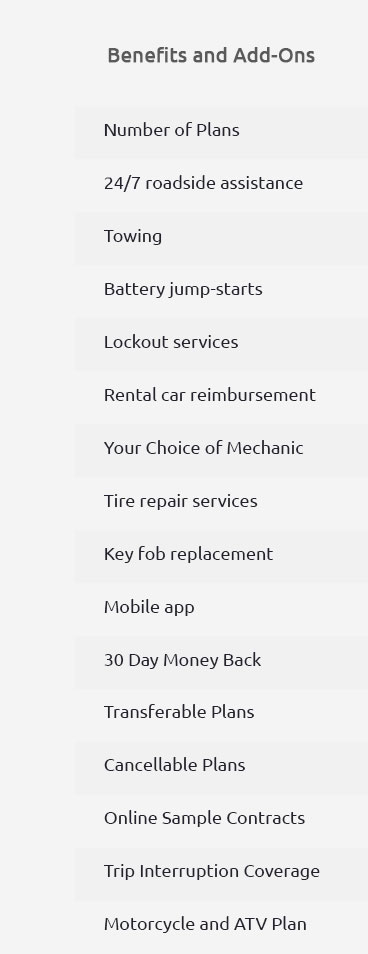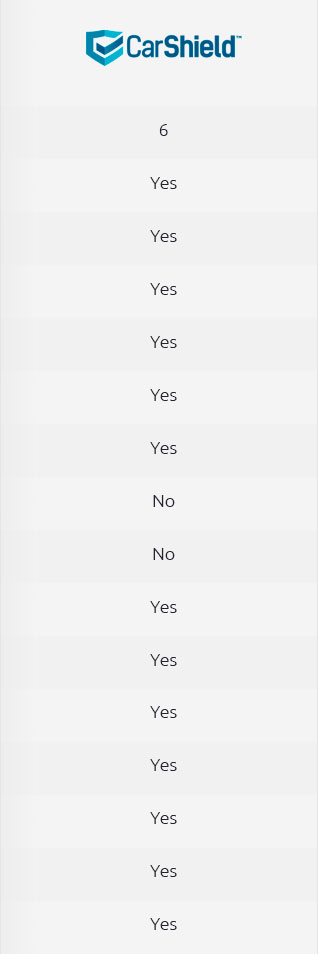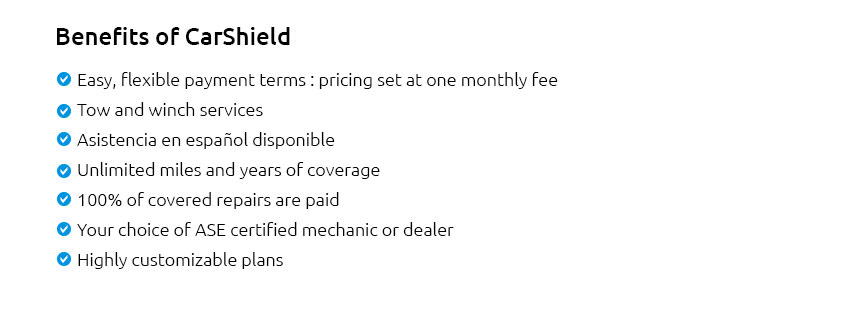 |
 |
 |
 |
 |
|||
 |
 |
|||
 |
 |
|||
 |
|||
 |
 |
 |
|
 |
|||
 |
|
 |
|
 |
|
 |
|
 |
|
 |
|
 |
|
 |
|
 |
 |
|||
 |
 |
|||

Understanding Available Car Warranty Cover: What You Need to KnowWhen it comes to purchasing a car, whether new or used, one of the essential considerations often overlooked is the car warranty cover. This protective measure can save you significant amounts of money on repairs and maintenance, ensuring peace of mind as you drive. However, understanding the nuances of available car warranty options can be a daunting task. Let's delve into the intricacies and help you make an informed decision. Firstly, it's crucial to understand what a car warranty entails. Essentially, a car warranty is a contract between you and the warranty provider, which could be the car manufacturer or a third-party provider, that promises to cover certain repair and maintenance costs should your vehicle experience mechanical failures or defects. These warranties typically cover a specified period or mileage limit, whichever comes first. New cars often come with a manufacturer's warranty, which can range from three to ten years, depending on the brand and model. It's important to note that these warranties typically only cover factory defects or issues stemming from manufacturing errors. On the other hand, used car warranties can be more complex. Many used cars come with a limited warranty, if any, from the dealer. However, third-party warranties or extended warranties are available for purchase, which can offer additional coverage beyond the dealer's offer. While these can provide an extra layer of protection, they often come at a cost, and their terms and conditions can vary significantly. It's imperative to thoroughly read and understand what is included, such as which parts are covered and any exclusions that may apply.
Ultimately, selecting the right car warranty cover is a personal decision that should be based on your individual driving habits, the age and condition of your vehicle, and your comfort with potential repair costs. In a world where unforeseen mechanical issues can arise, having a comprehensive warranty can be a wise safeguard, but it's essential to weigh the options carefully. As with any contract, the devil is in the details, so take your time to read the fine print and ask questions before committing to a warranty plan. With the right coverage, you can enjoy your driving experience with confidence, knowing that you're protected against unexpected expenses. https://www.assurant.co.uk/news-insight/news-insights/newsroom-detail/NewsReleases/2023/April/available-car-extends-rac-warranty-gap-deal
Available Car has extended its deal with the RAC to provide warranty and GAP products up to 2027. https://www.reviews.io/company-reviews/store/availablecar
Aftercare service was exceptional too. Our car was unfortunately stolen after about a year and the insurance wanted our warranty paperwork which had been ... https://www.trustpilot.com/review/availablecar.com?page=2
At AvailableCar, we keep everything simple, straight-forward and transparent. We keep our used cars unlocked for our Customers to browse ...
|